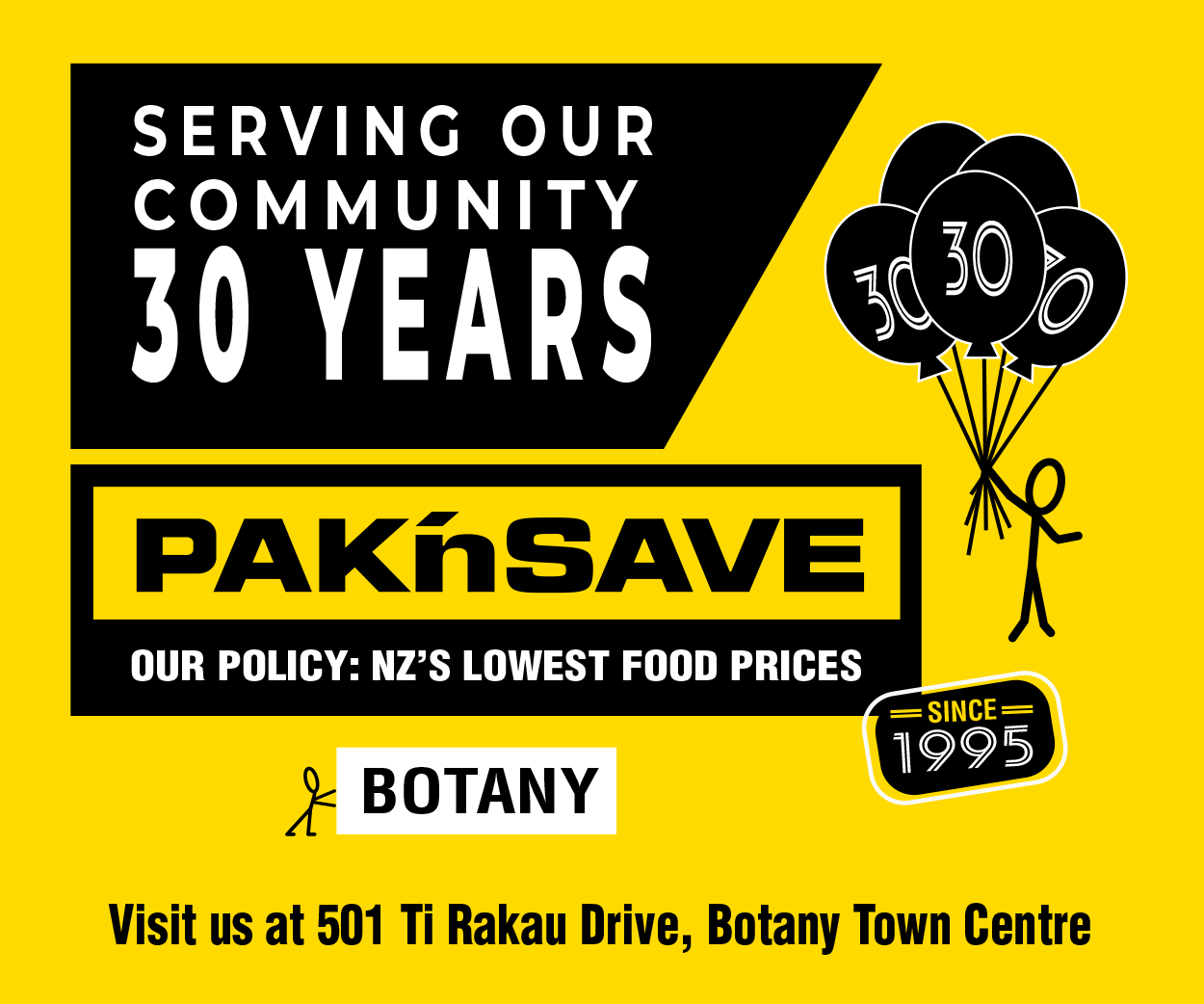
MICHELLE KEENAN empowers people and organisations to achieve optimal well-being by providing customised wellness coaching programmes tailored to their unique goals.
You might have heard, or even used, the phrase “feeling burnt out”, but true burnout is more than tiredness at the end of a busy week.
It’s a state of complete emotional, mental, and physical exhaustion caused by prolonged stress, and it’s becoming increasingly common.
The key to avoiding full-blown burnout is early recognition.
Too often, we push through the warning signs, telling ourselves it’s “just a busy season” or that we’ll rest “once things settle down”.
Burnout doesn’t happen all at once, it creeps in slowly, and it’s easy to brush off or ignore the alarm bells.
Here are some early red flags to watch for:
- Constant fatigue that isn’t relieved by sleep or rest
- Cynicism or detachment from work, colleagues, clients, or even friends and family
- Irritability or mood swings that feel out of character
- Decline in productivity or difficulty concentrating
- Physical symptoms such as headaches, stomach issues, or frequent illness
- Losing interest in things that used to bring you joy
When caught early, you can avoid full burnout. Building in small but consistent wellbeing habits can help restore balance.
This might include setting clear boundaries between work and personal time, prioritising restorative breaks during the day, and finding the parts of your job that bring meaning or satisfaction. It could even be making the choice to change jobs.
It’s also essential that organisations support a culture where wellbeing isn’t seen as a luxury, but as a crucial foundation for performance.
Encouraging open conversations, modelling healthy behaviours at the leadership level, and checking in regularly with team members can make a big difference.
Burnout isn’t a personal failure. It’s valuable feedback from your body and mind that something isn’t working.
By recognising the signs early and taking action to make sustainable changes, you can protect your wellbeing and maintain a healthier, more fulfilling relationship with work.








